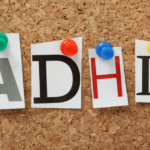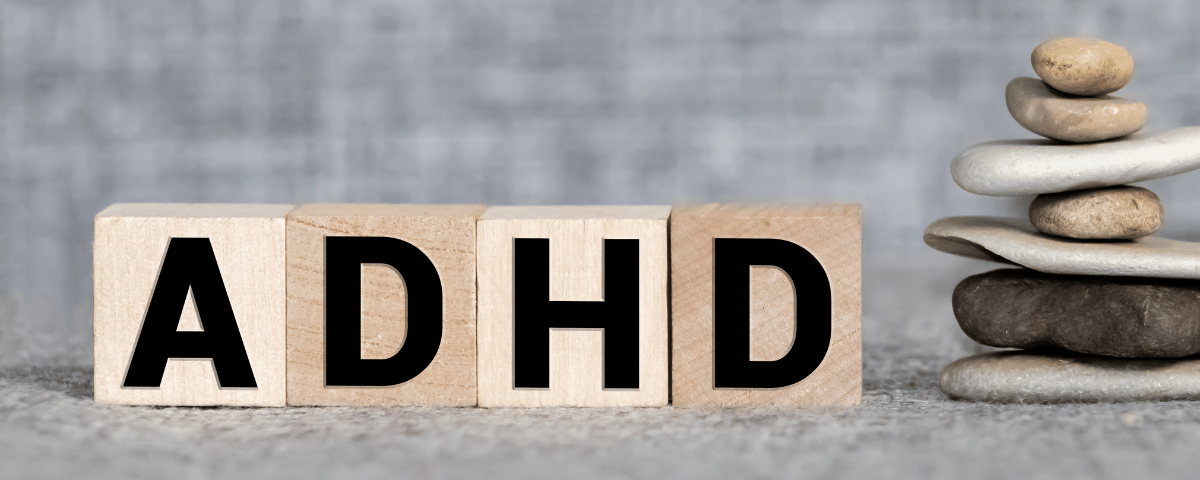
ADHD and Home Organization: Conquering the Cluttered Chaos
September 25, 2023Attention Deficit Hyperactivity Disorder (ADHD) is a neurodevelopmental disorder that impacts individuals’ ability to pay attention, regulate impulses, and manage time effectively. One of its major challenges lies in organizing tasks and maintaining order in various aspects of life. In this blog post, we will explore how ADHD affects organization, delve into its distinguishing factors, and provide practical strategies for individuals to overcome these obstacles.
ADHD and Organizational Challenges:
Individuals with ADHD often face unique struggles when it comes to organizing their daily lives. These challenges can manifest themselves across different areas, including work, home, and personal life. Here are some common organizational difficulties experienced by individuals with ADHD:
1. Time Management: Difficulties in conceptualizing and estimating the time required for tasks can lead to missed deadlines, procrastination, and an overall sense of being overwhelmed.
2. Prioritization: People with ADHD often struggle to assess and prioritize tasks, leading to a lack of focus, frequent task-switching, and unfinished projects. This can leave them feeling scattered and unproductive.
3. Physical Organization: Maintaining an organized physical environment can be challenging due to difficulties with decision making, clutter accumulation, and difficulties categorizing and storing items appropriately.
4. Mental Clutter: ADHD may result in difficulties concentrating, excessive mental restlessness, and racing thoughts. This can make it hard to focus and process information efficiently, further impacting organization.
Overcoming Organizational Challenges:
Although ADHD poses significant organizational hurdles, individuals can adopt specific strategies to regain control and improve their overall organization skills. Here are some practical tips to navigate the turbulent waters of ADHD:
1. Utilize Visual Aids: Incorporate visual organization tools such as calendars, to-do lists, and color-coded systems to provide structure and help manage tasks effectively.
2. Break Tasks Down: Large tasks can be overwhelming, so break them into smaller, more manageable parts. Create a step-by-step plan to guide you through each phase, and celebrate small victories along the way.
3. Set Realistic Goals: Establish realistic deadlines and create achievable goals to avoid becoming overwhelmed. Prioritize tasks based on importance and urgency, allowing for better time management.
4. Minimize Distractions: Create an environment conducive to focus by reducing distractions. This may involve removing clutter, finding a quiet workspace, or utilizing noise-canceling headphones.
5. Develop Consistent Routines: Establishing regular routines promotes structure and helps individuals with ADHD manage their time effectively. Incorporate habits such as regular sleep patterns, specific study or work times, and dedicated breaks to enhance productivity .
ADHD presents unique challenges when it comes to organization, but it is not an insurmountable obstacle. By adopting strategies tailored to their specific needs, individuals with ADHD can improve their organization skills and find greater success in various domains of life. Remember, patience and perseverance are key; with determination and a willingness to adapt to new routines and behaviors.


